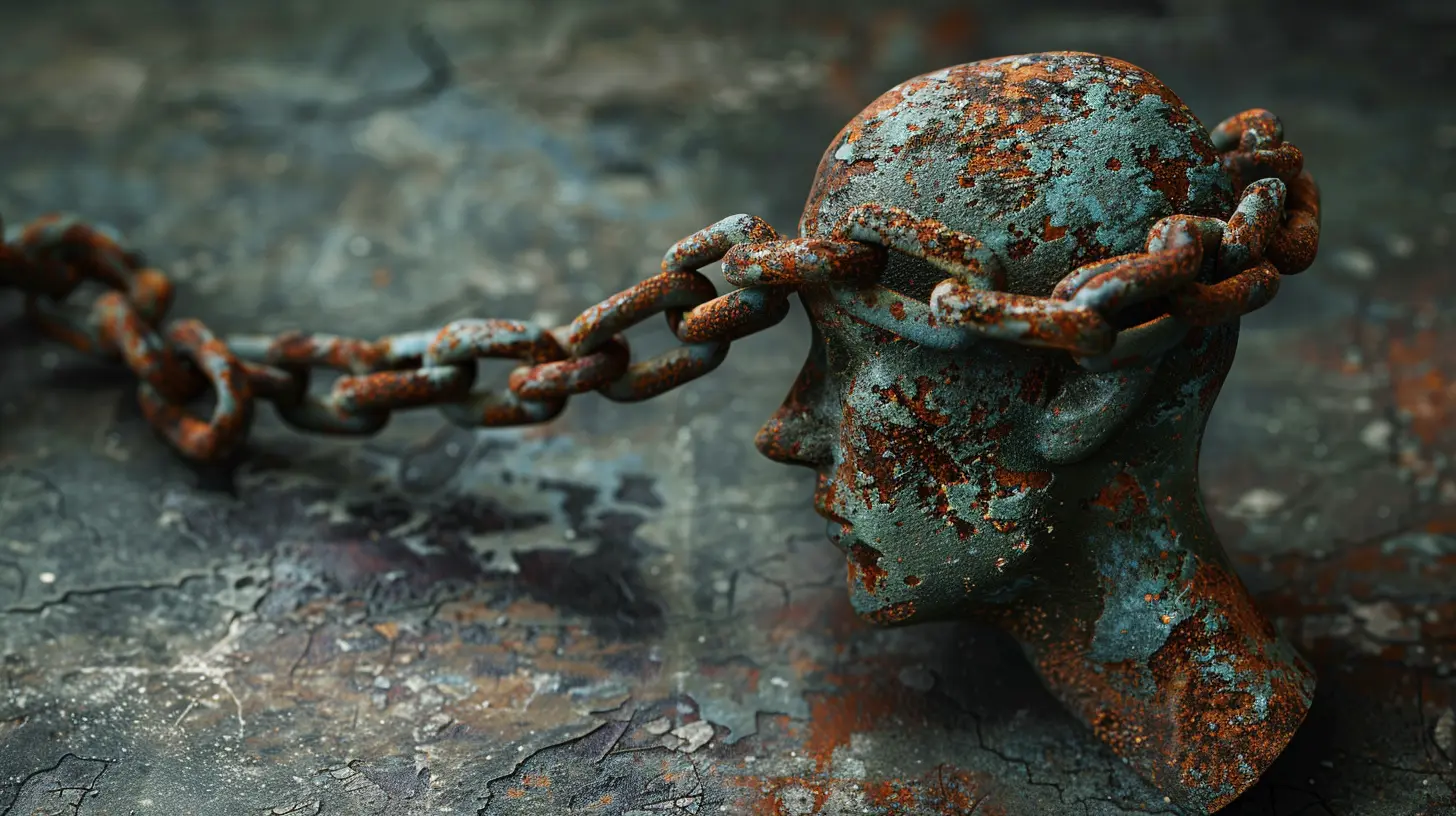The Link Between Psychiatric Disorders and Criminal Behavior
26 September 2025
Mental health and crime—two topics that are often misunderstood and heavily debated. Some people assume that individuals with psychiatric disorders are more likely to commit crimes, while others argue that society unfairly stigmatizes the mentally ill. So, what’s the truth? Does having a mental health disorder increase the likelihood of criminal behavior, or is this just another myth fueled by misconceptions?
In this article, we'll take a deep dive into the link between psychiatric disorders and criminal actions, breaking down the research, highlighting the factors at play, and addressing common misconceptions.

Understanding Psychiatric Disorders
Before we jump into the connection with crime, let’s define psychiatric disorders. These are mental health conditions that affect a person's thinking, mood, and behavior. Some of the most common include:- Schizophrenia – A severe disorder that can cause hallucinations, delusions, and disorganized thinking.
- Bipolar Disorder – A condition that leads to extreme mood swings, ranging from manic highs to depressive lows.
- Depression – A mood disorder causing persistent feelings of sadness, hopelessness, and a lack of interest in daily activities.
- Antisocial Personality Disorder (ASPD) – A disorder characterized by a disregard for others’ rights, often linked to manipulative or criminal behavior.
- Substance Use Disorders – Addiction to drugs or alcohol, which can impair judgment and lead to unlawful actions.
Now that we’ve laid the groundwork, let’s examine whether these conditions actually contribute to criminal behavior.

Does Mental Illness Lead to Crime?
Here's where things get tricky. While some studies suggest a connection between psychiatric disorders and criminal activity, it's not as straightforward as it seems. Mental illness alone doesn’t necessarily make someone more likely to commit a crime—there are several other factors at play.1. The Role of Violence in Mental Illness
One of the biggest concerns is whether people with psychiatric disorders are more violent. Research indicates that most individuals with mental illnesses are not violent. In fact, they are more likely to be victims rather than perpetrators of crime.However, certain conditions, particularly those involving psychosis or severe personality disorders, can sometimes contribute to aggressive behavior. For example:
- Individuals with untreated schizophrenia experiencing paranoid delusions might act out in self-defense against perceived threats.
- People with ASPD may lack empathy, making them more willing to engage in manipulative or harmful actions.
Still, the vast majority of individuals with these disorders do not commit violent crimes, and it’s important not to generalize.
2. Substance Abuse as a Major Factor
If we had to pinpoint one of the strongest links between mental health and crime, substance abuse would be it. Drug and alcohol addiction significantly increases the risk of both violent and non-violent crimes.Why? Because substances impair judgment, lower inhibitions, and sometimes lead to desperate actions. Many individuals with mental health conditions self-medicate with drugs or alcohol, which can fuel criminal activity.
Consider this:
- A person with untreated anxiety turns to alcohol to cope, leading to reckless behavior like drunk driving or public disturbances.
- Someone battling opioid addiction may resort to theft or drug-related offenses to support their habit.
Substance use isn’t always tied to mental illness, but when it is, the risks of criminal behavior are significantly higher.
3. Social and Environmental Factors
Mental illness, on its own, doesn’t inherently cause crime. However, poverty, homelessness, childhood trauma, and lack of support networks can push vulnerable individuals toward unlawful behavior.Think about it. If someone with a severe mental illness is:
- Homeless with no access to medical care,
- Unemployed and struggling financially,
- Rejected by society and left without proper treatment,
…the chances of engaging in criminal activity increase—not necessarily because of the disorder itself, but because survival becomes the priority.
4. The Criminal Justice System and Mental Health
Another major issue is how the legal system deals with mental illness. Many individuals with psychiatric disorders end up in prisons instead of mental health facilities, where they receive little to no treatment.This creates a vicious cycle:
- Someone with untreated schizophrenia commits a minor crime, like trespassing.
- Instead of receiving psychiatric care, they’re jailed, which worsens their mental health.
- Upon release, without access to treatment, they reoffend.
It’s no surprise that many people with mental illnesses end up re-entering the justice system repeatedly instead of getting the help they need.

Breaking the Stigma
One of the biggest challenges in this discussion is stigma. The media often portrays people with psychiatric disorders as dangerous criminals, which is far from the truth.Here’s the reality:
- Only a small percentage of violent crimes are committed by individuals with mental illness.
- Those with mental health conditions are more likely to be victims than perpetrators.
- With proper treatment, support, and medication, individuals with psychiatric disorders can live normal, law-abiding lives.
It’s crucial to shift the narrative from fear and judgment to understanding and support.

How Can We Address the Issue?
If we want to reduce crime linked to psychiatric disorders, we need better mental health care, not just stricter laws. Here’s what can help:- Early Intervention & Treatment – Encouraging people to seek help before their condition worsens.
- Accessible Healthcare – Making therapy, medication, and rehabilitation programs affordable.
- Community Support – Providing housing, employment opportunities, and social services to prevent desperation-driven crime.
- Reforming the Criminal Justice System – Prioritizing treatment over incarceration for non-violent offenders with mental health issues.
When society takes mental health seriously, crime prevention becomes more effective.
Conclusion
So, does having a psychiatric disorder automatically make someone more likely to commit a crime? Absolutely not. While certain conditions and external factors can increase risks, the reality is far more complex than a simple yes or no answer.Instead of blaming mental illness for criminal behavior, we should focus on providing better treatment, support systems, and alternatives to incarceration. When people get the help they need, we all benefit from a safer and more compassionate society.
all images in this post were generated using AI tools
Category:
Psychiatric DisordersAuthor:

Paulina Sanders
Discussion
rate this article
1 comments
Kennedy Sanchez
This article thoughtfully explores the complex interplay between psychiatric disorders and criminal behavior. It challenges misconceptions, emphasizing the need for compassionate understanding and better mental health support to address underlying issues rather than stigmatizing those affected.
October 19, 2025 at 3:17 AM

Paulina Sanders
Thank you for your insightful comment! I'm glad the article resonates with you and highlights the importance of compassion and support in addressing these complex issues.


